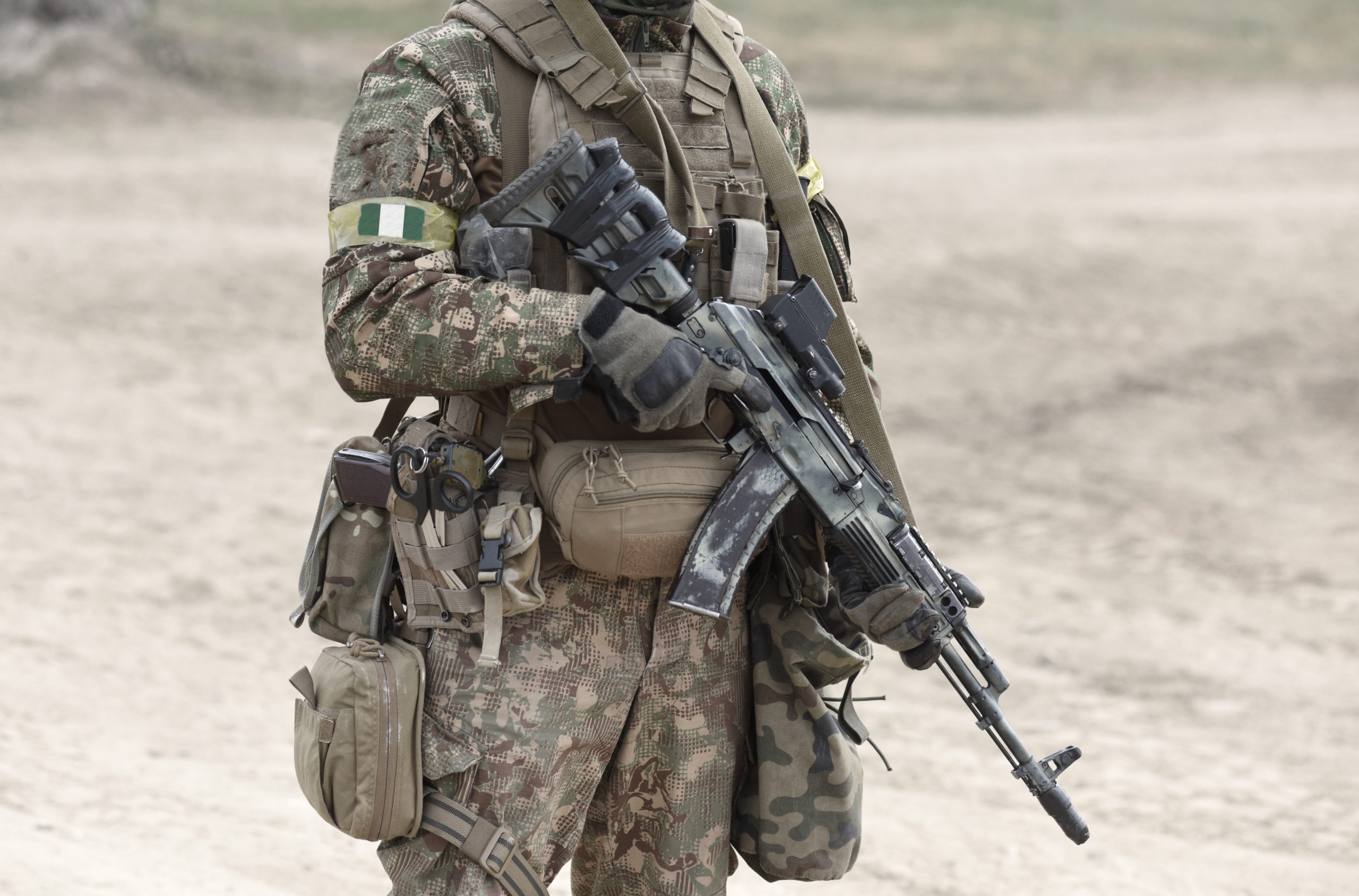Peace expert and academic Wale Adeboye, PhD says he came to his field after a tragically unpeaceful moment in northern Nigeria.
This happened twenty years ago, when violence flare between Christian and Muslim communities in areas of Nigeria where peace had primarily existed.
Between February and May 2000 riots killed thousand in Kaduna State in northern Nigeria and then, after more than a year of relative peace, violence flared again across the north of the country. The worst violence was in the city of Jos where more than 1000 people were killed, many beaten to death.
This violence in Jos was largely ignored by much of the world because it happened on the second week of September, 2001 and the eyes of the world was then firmly on New York, Washington and Pittsburgh
Wale Adeboye however, could not look outward, not only because this was happening in his country, but because a close friend of his, a young man named Emmanuel, was killed during a pogrom.
‘The devastation of losing a dear friend was an inspiration for me,’ says Adeboye. ‘It made me want to find out about peace and conflict and why this violence had happened.’
In the wake of the Jos violence there was no shortage of speculation as to why the conflict had happened, and much of that speculation seemed to about short-term blame and retribution; it was a question of religious character or sharia law or indigene rights, it was said.
These explanations didn’t sit right to Wale Adebeyo, who felt something more complex was happening. He says this led to a compulsion.
‘The devastation of losing a dear friend was an inspiration for me. It made me want to find out about peace and conflict and why this violence had happened.’
After completing his undergraduate degree in communications, underway when the violence of 2001 erupted, Adeboye eventually undertook a Masters in Peace and Conflict studies, a Professional Certificate in Mass Atrocity Prevention and a PhD in Peace and Conflict Studies.
Augmenting these studies with professional work in the field, primarily in Nigeria, across Africa and some South-East Asian countries Wale Adeboye says he has found, over the last two decades, that the root causes of violence in places like northern Nigeria are myriad and often ecological. He says furthermore that in many instances the role of governance, resource management and ecological degradation is underestimated or misunderstood.
Adeboye says a lack of housing, water scarcity, deforestation, destruction of aquatic habitation, Illegal mining and pollution has been driving current conflicts in his country, and across the region, especially north and west in the Sahel.
This view is consistent with the findings of IEP’s Ecological Threat Report 2021, which has found that the Sahel region, as well as the Southern African belt, from Angola to Madagascar and the Middle East and Central Asian belt, from Syria to Pakistan, are areas most susceptible in the world to societal collapse and further conflict due to ecological degradation.
Nigeria was ranked 156 out of 178 countries included in the ETR 2021 and near neighbours Benin, Burkina Faso, Mali and Niger were also listed as countries unlikely to be able to be resilient against the ecological threats they are likely to experience,
The ETR 2021 found that Nigeria had one of the largest increases in the number of people facing crisis levels of food insecurity in 2020, behind only Afghanistan and the Democratic Republic of Congo and that water risk levels in Nigeria were also very high. With the Nigerian population growing rapidly, (the ETR 2021 estimates that by 2050 Nigeria will have had a 95% population increase) this is set to exacerbate the nations extensive food security and water risk issues further.
The ETR 2021 also found that there were 3,299,013 displaced in Nigeria in 2020 result of conflict and ecological degradation, and that most of those people were displaced internally. Wale Adeboye says this internal displacement is not only as result of conflict and ecological degradation, but is also driving it.
This is an example of a vicious cycle, something that was a key finding of the ETR 2021.

Wale Adeboye says he has found that displacement and forced migration played a significant role in the northern Nigeria conflict of 2001, and continues to be a significant driver. He also says that such cycles are not broken by decisive military victories or violence, but with good governance, adroit resource management and considered international intervention.
Wale Adeboye’s most recent academic accomplishment is a Professional Certificate in Positive Peace, a field of study looking at peace not as an absence of violence, by a systemic foundation from which a peace society can be built.
Nigeria was ranked 147th of 163 countries in the 2021 Global Peace Index, making it one of the ten least peaceful countries in Africa and the IEP’s 2020 Positive Peace Index ranked the country 144th out of 163 countries measured, meaning the country has a very weak foundation for potential future peace.
Set to become the third most populous country in the world after India and China in 2050, and already one of Africa’s most resource rich nations, Nigeria is a place where the foundations of peace must be shored up so we may have a peaceful continent and world.
This will be the work of the dedicated many, not the radical few and Wale Adeboye says a path to peace will be paved with education. He hopes many Nigerians will join him on his journey of Positive Peace and that their first steps won’t be as painful as his.
‘The main problems in Nigeria are a man-made and politically driven,’ he says. ‘And it is people who must find the solutions also.’